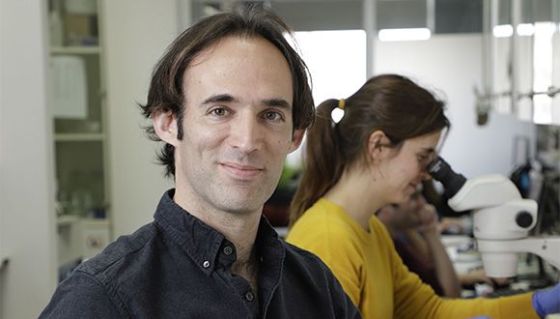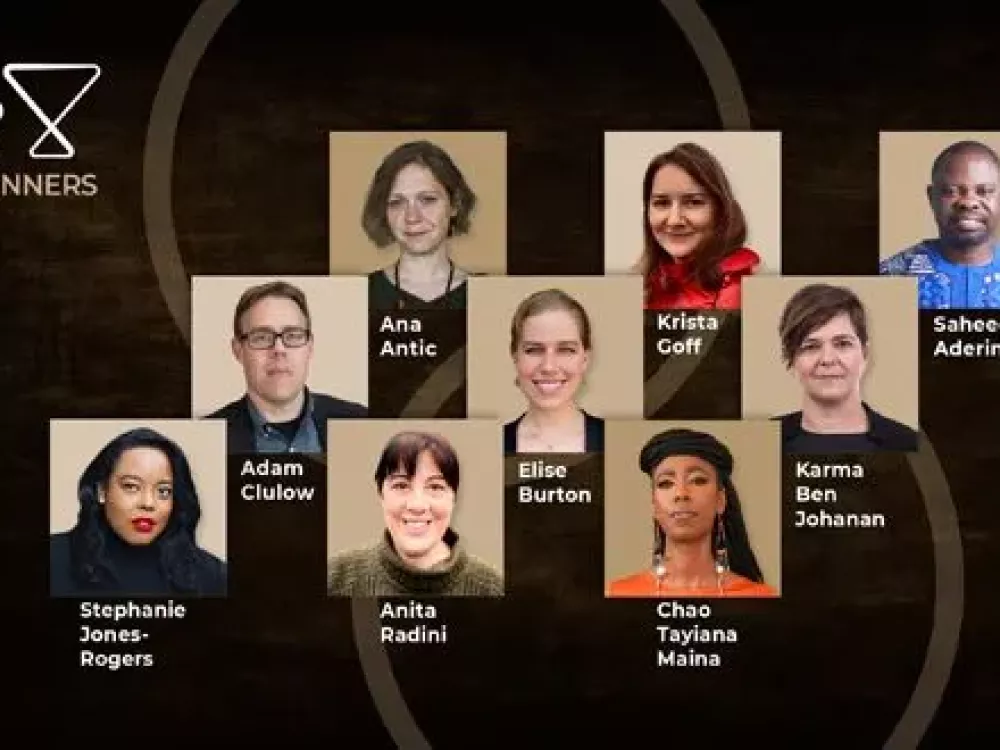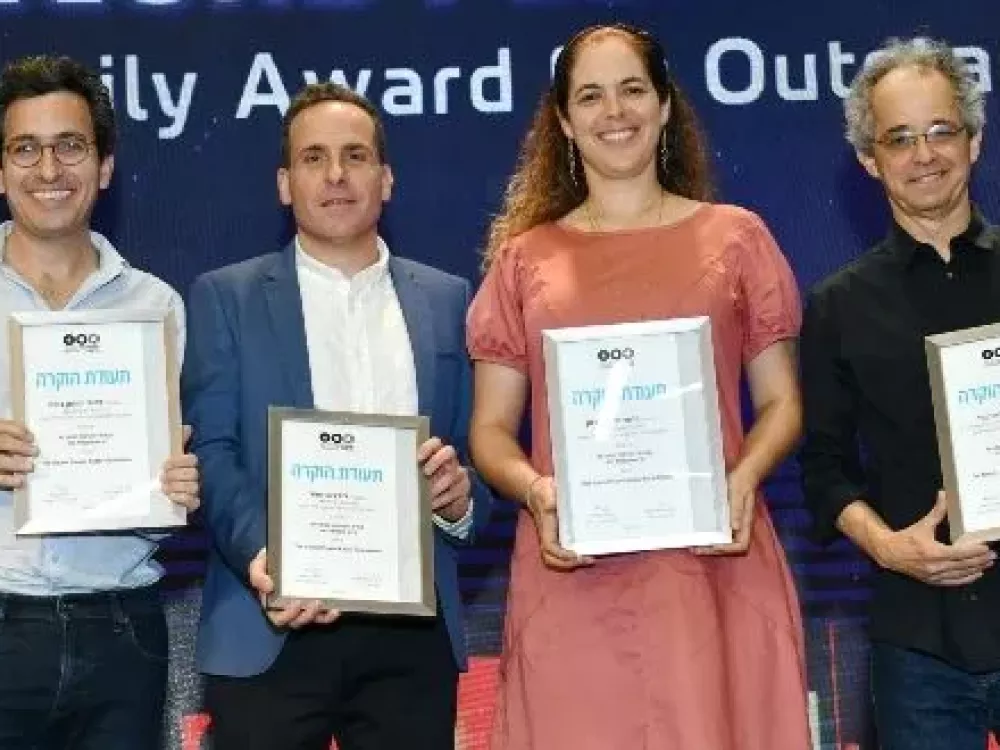
TAU Prof. Wins Schmidt Science Polymath Award
Prof. Oded Rechavi one of first winners of prestigious prize, which is defined as “an experiment in extreme curiosity-driven innovation”
A great honor for Israeli science: Schmidt Futures, a philanthropic initiative founded by Eric and Wendy Schmidt, has decided to establish a new $2.5m award entitled Polymaths, for researchers exhibiting rare interdisciplinarity. Only two scientists have been chosen to receive the first Polymaths Award: Prof. Jeff Gore of MIT and Prof. Oded Rechavi of the Neurobiology Department at the George S. Wise Faculty of Life Sciences and the Sagol School of Neuroscience at Tel Aviv University. Each of the two scientists will receive an annual unrestricted grant of $500,000 for five years, to pursue any direction of research. “I am proud to have been chosen and excited about the opportunity to open new fields of research,” says Prof. Rechavi. “Typically scientists receive funds for research projects that are already underway. The Polymaths Award is different. They tell you: ‘Here are the resources. Do something completely new, take risks. Investigate wild ideas you never would have dreamed of proposing to other research foundations.'”
The Schmidt Science Polymath program is an initiative created under Schmidt Futures, which finds exceptional people and helps them achieve more for others by applying advanced science and technology thoughtfully and by working together across fields. The program aims to provide outstandingly interdisciplinary researchers with the means to expand their research even further. In the future, a prestigious network of the award’s laureates will be established. “An experiment in extreme curiosity-driven innovation,” proclaims the program. “Instead of focusing on specific research ideas, the goal for the program is to bet on people, their special talents, and their teams.”
The laboratory of the first Polymath Award laureate, Prof. Oded Rechavi, excels in promoting interdisciplinary research. In recent years Prof. Rechavi has studied a very vast range of topics, achieving scientific breakthroughs in fields that are not necessarily connected to one another. Thus, for example, Rechavi discovered a mechanism enabling transgenerational inheritance of parental responses, showing for the first time that small RNAs are inherited alongside DNA, and deciphering the laws of epigenetic heredity. In another study, Rechavi and his team assisted in decoding the Dead Sea Scrolls through the DNA of the parchments on which they were written, shedding more light on the history of the late Second Temple period. Rechavi also explored the neuronal basis of irrationality, finding a simple law for altering the nervous system of worms so that they become less or more rational. In a completely different area, Rechavi’s group genetically engineered parasites to turn them into protein-secreting machines enabling repair of genetic diseases of the nervous system.
Prof. Oded Rechavi. Photo: Yehonatan Zur.
Related posts

Prof. Isaac P. Witz Honored with 2023 Szent-Györgyi Prize for Progress in Cancer Research



Prof. Karen Avraham Wins Prestigious FISEB STAR Award for Scientific Excellence and Leadership

“Requiem for a Whale” Won Best Student Film Award at the IDA Documentary Awards Ceremony


The “Nobel of Mathematics”: TAU Prof. Noga Alon Wins the Prestigious Shaw Prize in Mathematical Sciences


